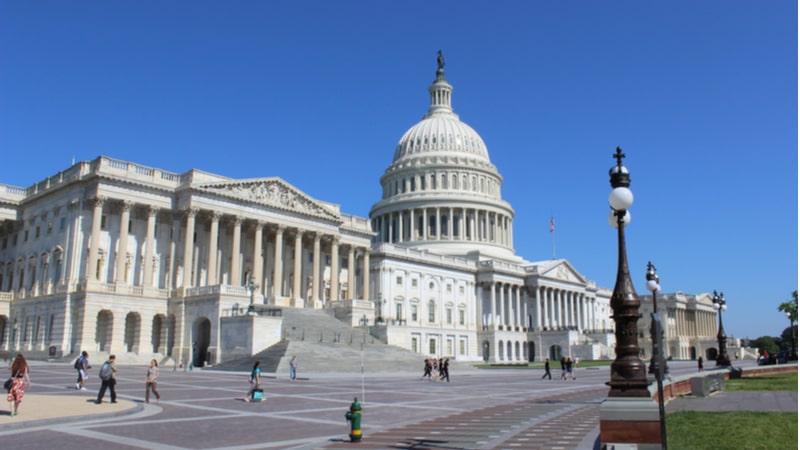
Reps. Nancy Mace, R-S.C., Ro Khanna, D-Calif., and Gerry Connolly, D-Va., introduced legislation to get ahead of the quantum computing curve protecting Federal agencies from the hacking risks connected to the emerging tech.
The Quantum Cybersecurity Preparedness Act would prevent bad actors from stealing valuable information in the age of quantum computing, helping future proof current sensitive information databases.
“The future of quantum computing brings with it both significant opportunities and risks. I’m optimistic about the power of quantum computing as part of the new technological frontier, but we must take preemptive steps to ensure bad actors aren’t able to use this technology in more sinister ways. Our government must learn from past mistakes and take action now to protect its citizens from future cyber security threats,” Mace said in a press release.
The legislation adds previous efforts by the National Institute of Standards and Technology (NIST) to establish sufficiently tough cryptography standards for non-quantum Federal systems.
If enacted, the bill would require the Office of Management and Budget (OMB) to work with the Federal chief information officer’s office to make sure NIST’s standards are implemented in all Federal systems within a year after their release. In addition, OMB would submit a report to Congress on what else is needed to protect quantum computers from hackers.
“Even though classical computers can’t break encryption now, our adversaries can still steal our data in the hopes of decrypting it later. That’s why I believe that the federal government must begin strategizing immediately about the best ways to move our encrypted data to algorithms that use post-quantum cryptography,” Khanna said.
The bill was also endorsed by Google, IBM, PQSecure Technologies, QuSecure, Maybell Quantum, and Quantinuum. However, these companies were not involved in crafting the bill language.
